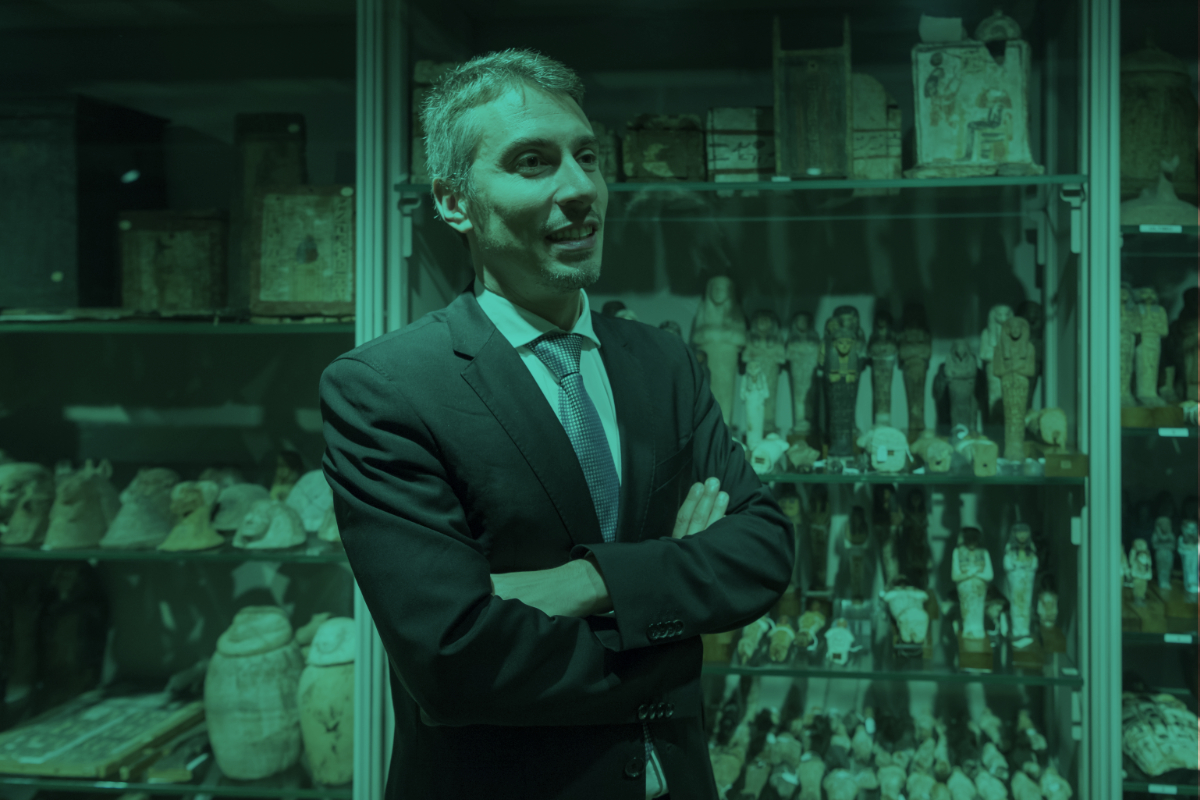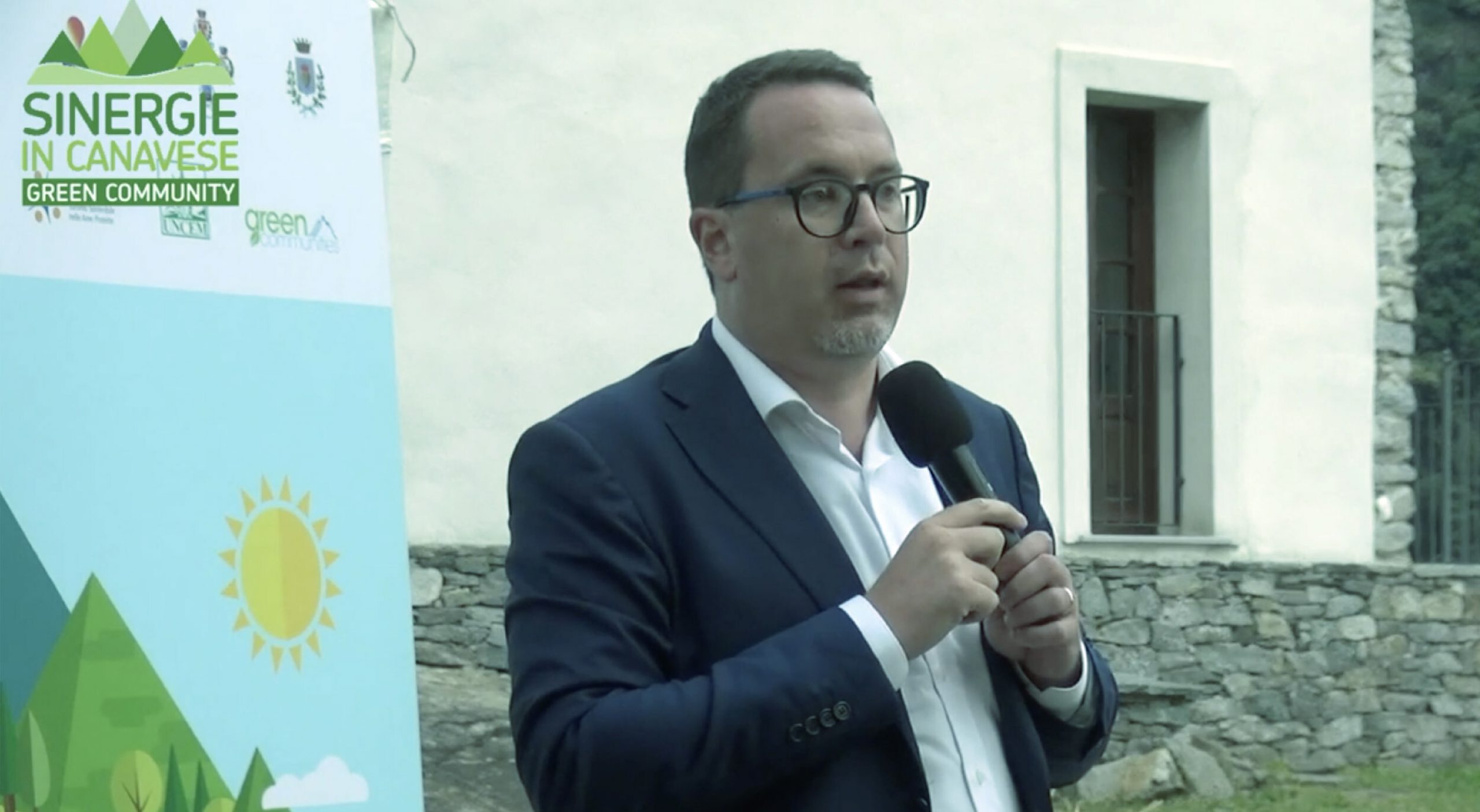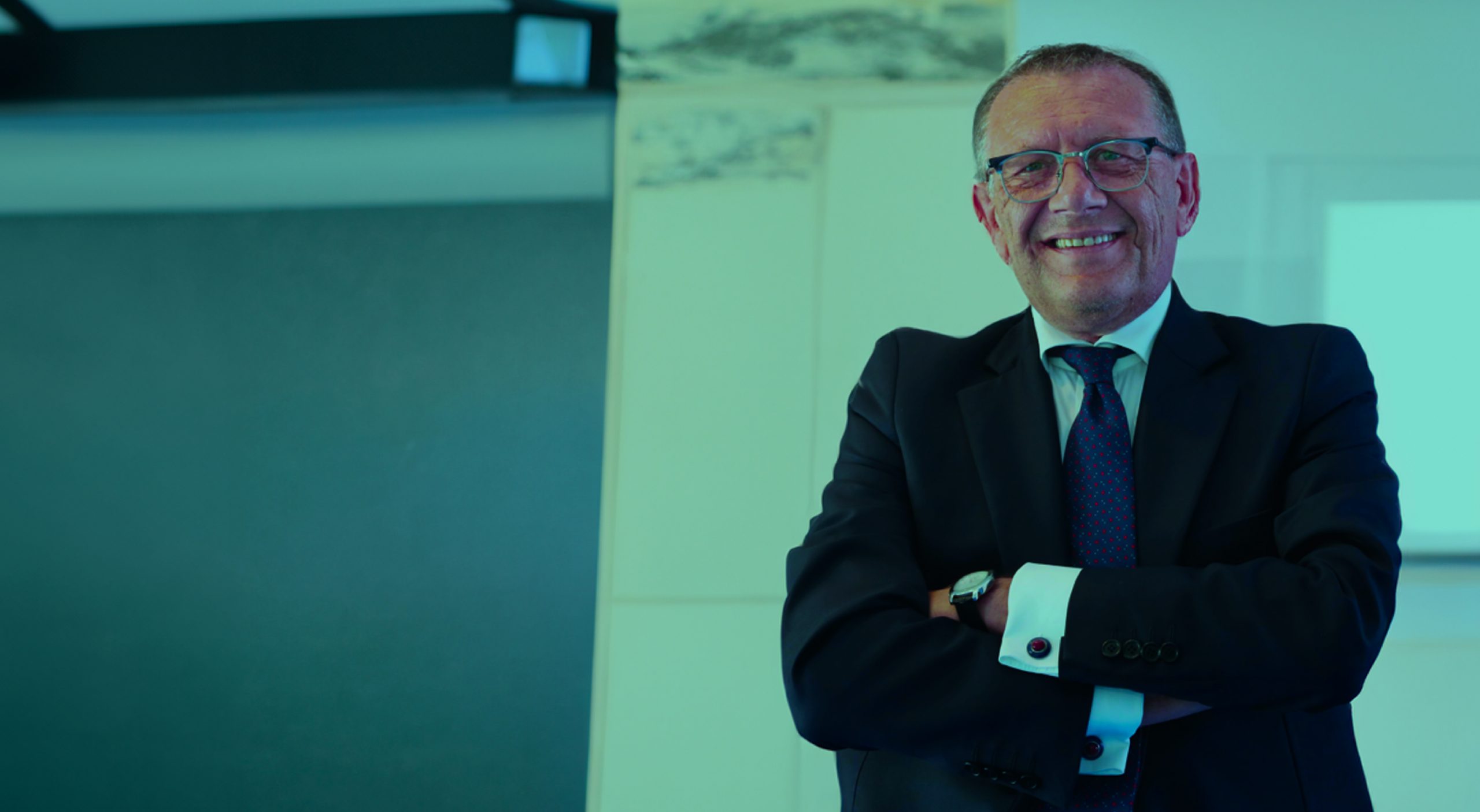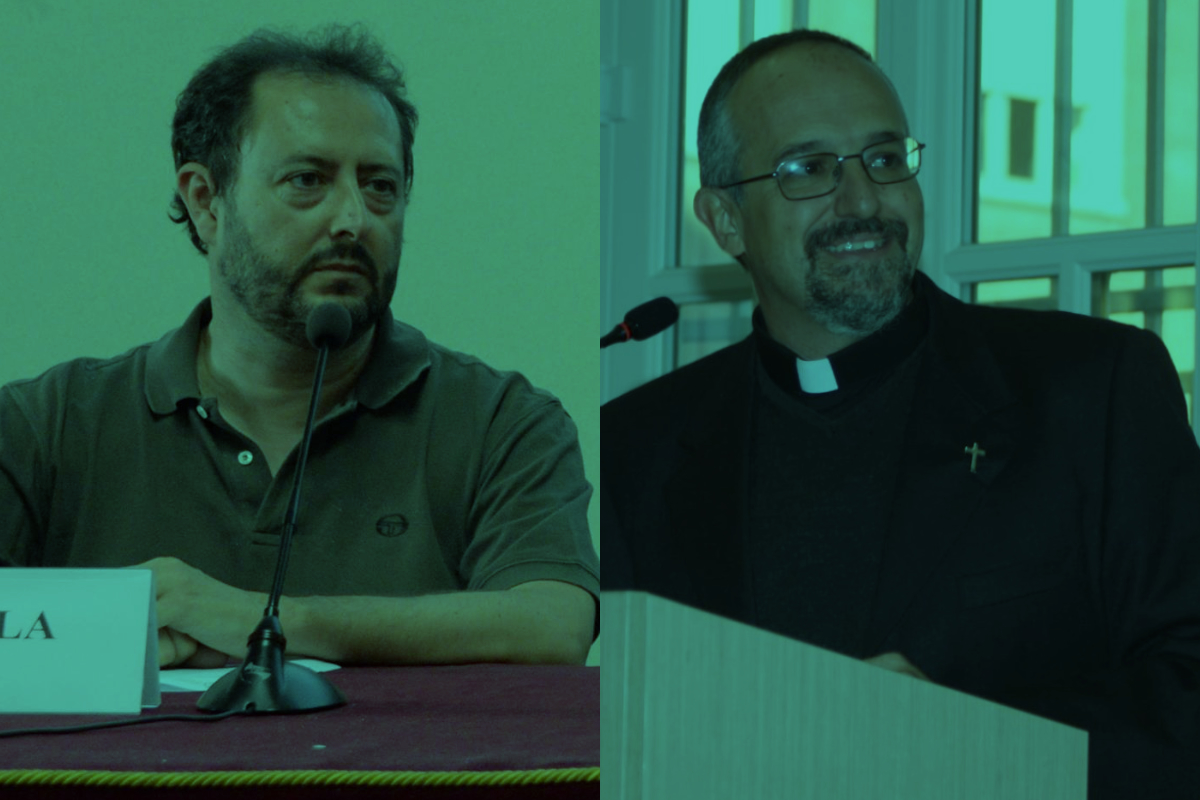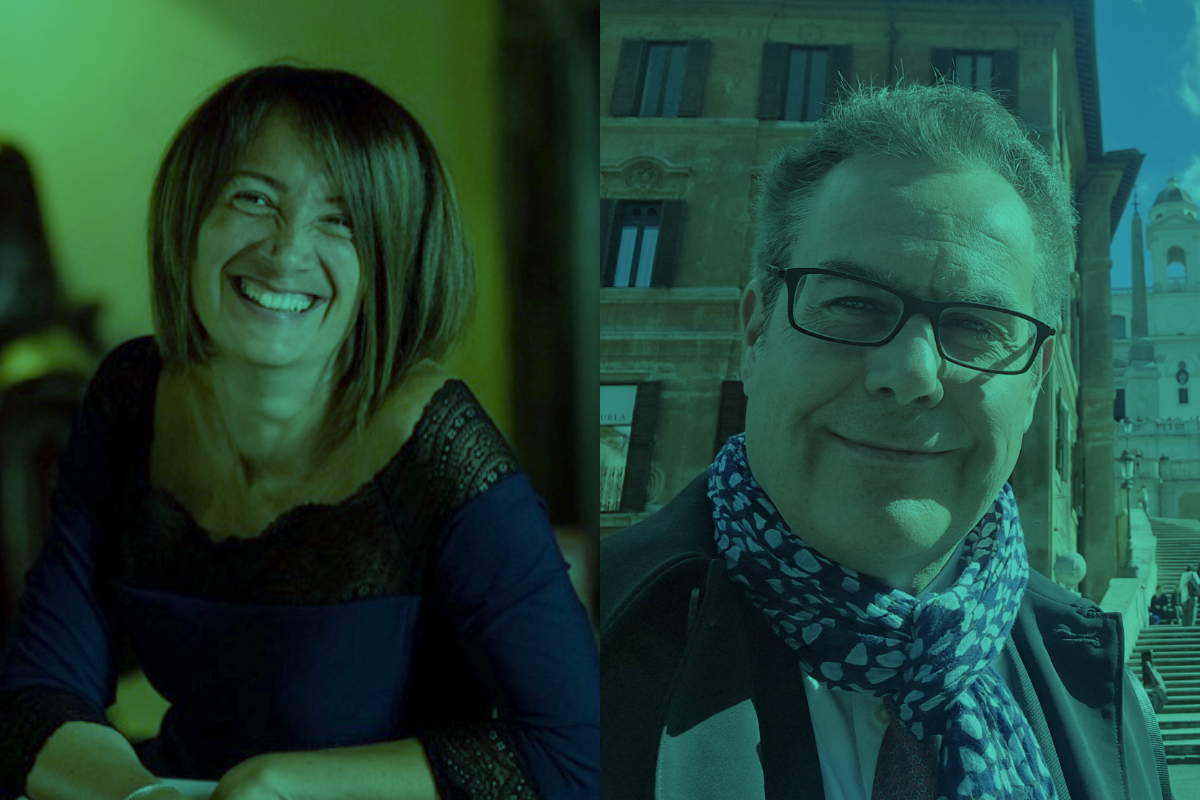by Pier Paolo Luciano
Christian Greco, the visionary director of Turin's Egizio, speaks: initiatives for inclusion with prisoners, poor families, sick children, and the idea of transforming the Palazzo del Lavoro into a unique laboratory.
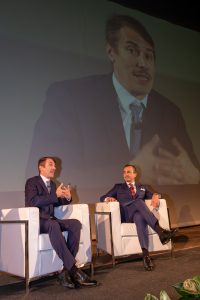
Director, what is the rationale behind this thinking?
“Philippe De Montebello, former director of the Metropolitan Museum of Art, argued that no 21st-century institution can exist by divine right and must maintain a solid relationship with the social fabric it is part of. Every museum must earn its right to exist. Like a school or a university, a museum makes no sense unless it is part of the polis, aiming to acquire a political role in the etymological sense of the word. The Museo Egizio is embedded in a community that is not only made up of Egyptologists, Egyptophiles, and intellectuals, but all those who enter with the most diverse motivations.”
What is the goal of this new impact study?
“There is interest in evaluating the Museum’s performance both in strictly economic terms and with a broader perspective. The main goal is to increase the value and quality of programming, and achieving this requires developing a medium-to-long-term strategy and a process of constant evaluation to measure the impact generated. This involves adopting a new scale of values for designing more sustainable and diversified cultural practices, and continuously measuring to verify the achievement of set goals while supporting the institution’s accountability and increasing transparency towards the community.”
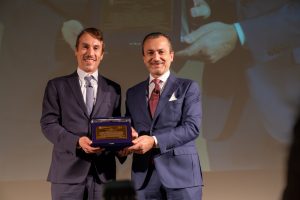
In his ten years at the helm of the Museo Egizio, Greco has pioneered social inclusivity, not only in Turin. What is the objective?
“To involve among the new audiences of the Museo Egizio people from other countries is one of the goals we have set and share with 15 other museums in Europe united in the Multaka international network. The first event was ‘I am welcome’, organized in 2016 on the occasion of World Refugee Day. And since then we have been repeating it every year. And then training workshops like ‘Museums and Migrants. Tools for Encounter’, which involved museum, cultural, and social workers. There’s more. The Museum has created training programs that have involved a group of North African women, now cultural mediators in Arabic during special events, and for young immigrants who have learned Italian through Egyptian art.”
The latest initiative that can be framed as social innovation is “Art for All” which has opened the museum’s doors to poor families and the homeless. What is the objective?
“To create guided tours and workshops specifically designed for small groups of families in housing difficulty and homeless people. We want to make these people feel welcomed and involved in the cultural life of the city, linking the visit to the Museum with a series of activities aimed at social inclusion through culture and art. With the City of Turin, our partner in the initiative, we believe that an afternoon dedicated to culture and sharing is a good way to guarantee everyone the right to culture.”

